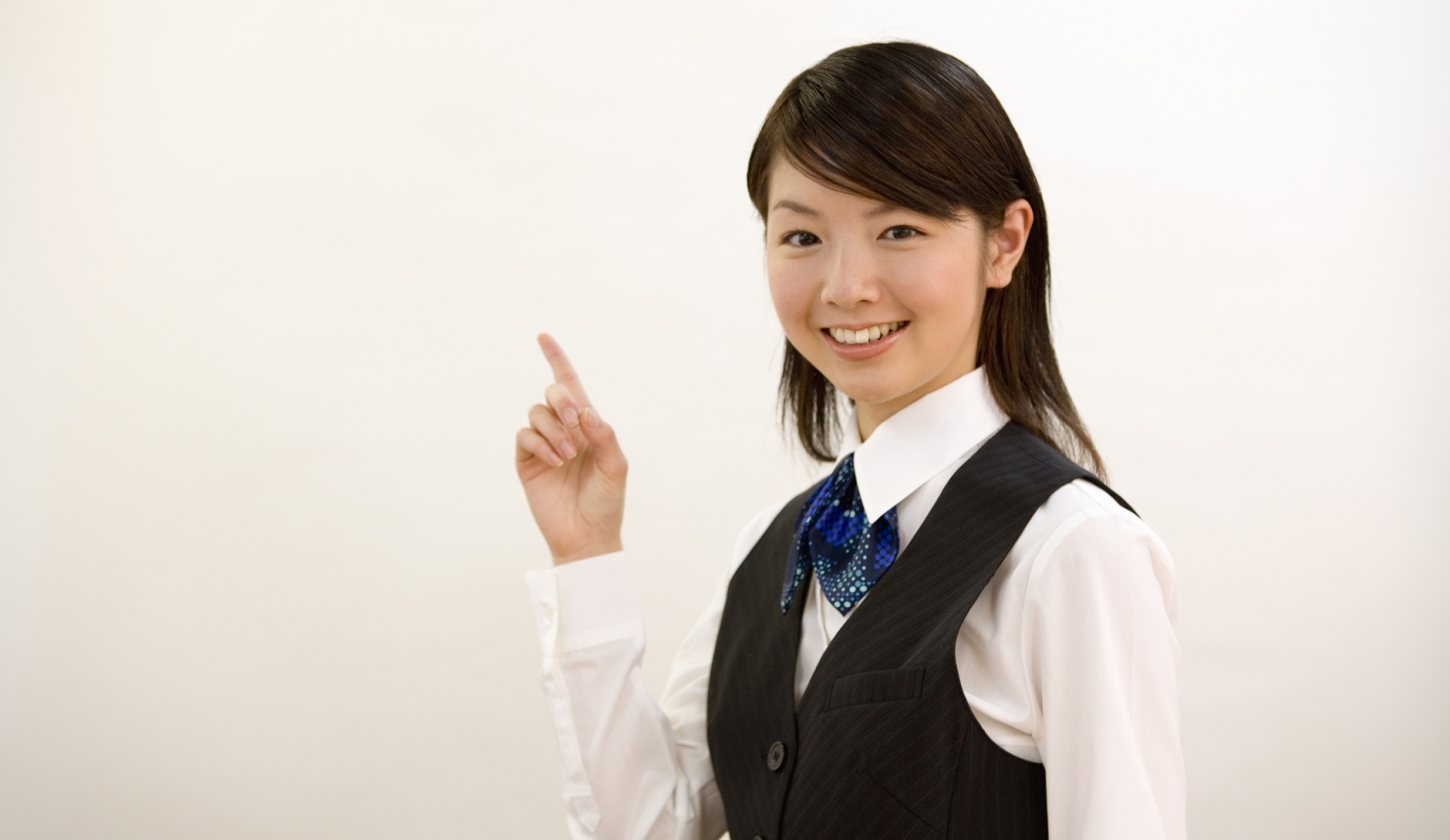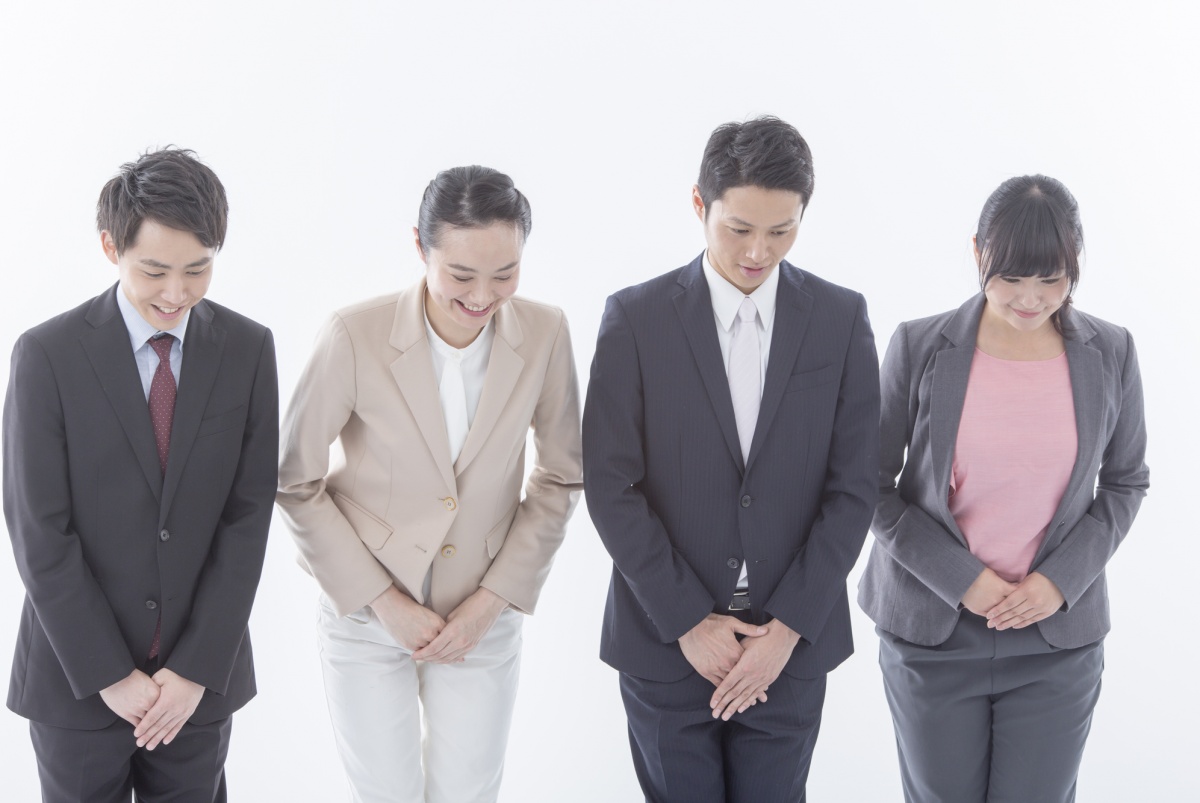How to Navigate Japan With Just One Word

When people travel to a foreign country, they tend to try to pick up a few key phrases before they go: how to say hello, how to ask for the bill at a restaurant and so on. You can do that for Japan as well, but the truth is, you actually don’t need to. All you need is one word: sumimasen.
By Michael Kanert1. My Feelings Haven’t Cleared Up

Sumimsen—pronounced “SOO-mi-mah-SEN”—is ubiquitous in Japan. It originates from the verb sumu (済む), which means to clear up, be resolved, or be at ease. If that’s a little vague, the term might be easiest to understand in the phrase kimochi ga sumu: literally, “feelings are cleared up.” So if you say, kimochi ga sumimsen it means, “My feelings have not cleared up”—and you therefore feel badly about whatever has occurred. In the most basic sense, it means “I’m sorry.”
2. Excuse Me!
https://www.youtube.com/watch?v=MH0Cely8PnE
That’s where sumimasen comes from. Where it is now is everywhere.
Japanese has a number of expressions for “I’m sorry,” the most commonly known being gomen-nasai. But there’s actually a boatload of apologetic expressions depending on how sorry you want to say you are, and while sumimasen encompasses the idea of “I’m sorry,” it actually translates incredibly well into “Excuse me”—because it’s used in many of the exact same situations.
3. Sumimasen! (I’m sorry!)
https://www.youtube.com/watch?v=QYCf8Px1VUQ
You can use sumimasen to say you’re sorry pretty much anywhere. It’s more formal than gomen-nasai but not as ridiculously obsequious as the longer forms of apology.
Stepped on a toe? Sumimasen! Passing in front of a row of people at the movie theater? Sumimasen, sumimasen. Spilled your beer? Ah! Sumimasen!
4. Sumimasen... (Excuse me...)

Sumimasen also works to direct people out of your way—the slightly brusquer sense of “Excuse me.” So if you want that stander on the walking side of the escalator to step aside, all you need is an even-tempered sumimasen.
5. Sumimasen! (Excuse me!)
https://www.youtube.com/watch?v=F0bmN2ByRnU
Remember that beer you spilled after stepping on someone's toe at the movie theater in No. 3? Sumimasen can also help you replace it! (And yes, you can drink beer in Japanese movie theaters.)
This little word is the gold standard for getting attention in pretty much any situation. You can use it casually with people on the street or with staff in a hotel or retail store. But more importantly, if you spend time in an old-school izakaya (Japanese-style pub), you’re likely to hear an endless chorus of sumimasen bellowed across the room as diners demand staff attention to order successive rounds of dishes and drinks.
If you want to do the izakaya sumimasen like a pro, the key is to drag out the final "sen": "SOO-mi-mah-SEHHHHHN!" It's oddly satisfying!
6. Sumimasen. (Thank you.)

Finally, sumimasen can also mean “Thank you.” Of course, there are also plenty of more common variants of arigato you could use, but sumimasen works as a shorthand for “Thanks for your trouble.” It indicates an appreciation for the work the other person has put in to please you, so it tends to come across as pretty meaningful!




